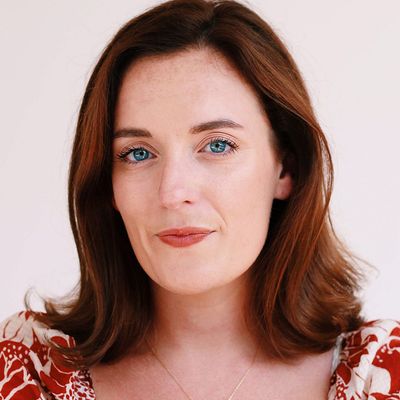Casting Director and Educator, Kate Lumpkin shares the roles gender and inclusion need to play in modern culture. You’ll hear Kate’s personal story from actor to agency—and ways we can all sit at the table, rather than only a select few.
Beyond equality, we discuss business, branding, social media, and more. Grab a notebook for Kate's practical ways to change the world through the stories we share and see!
Click here to access bonus resources from this episode.
Connect with Kate Lumpkin:
Connect with Tony Howell:
Episode Credits:
- Art by Tony Howell + Gertrude Pillena
- Editing by Connor Lynch
- Hosting by Broadway Podcast Network
If you enjoyed this episode, please visit RateThisPodcast.com/tonyhowell. Be sure to check out our past conversations and subscribe for next month’s special guest!


